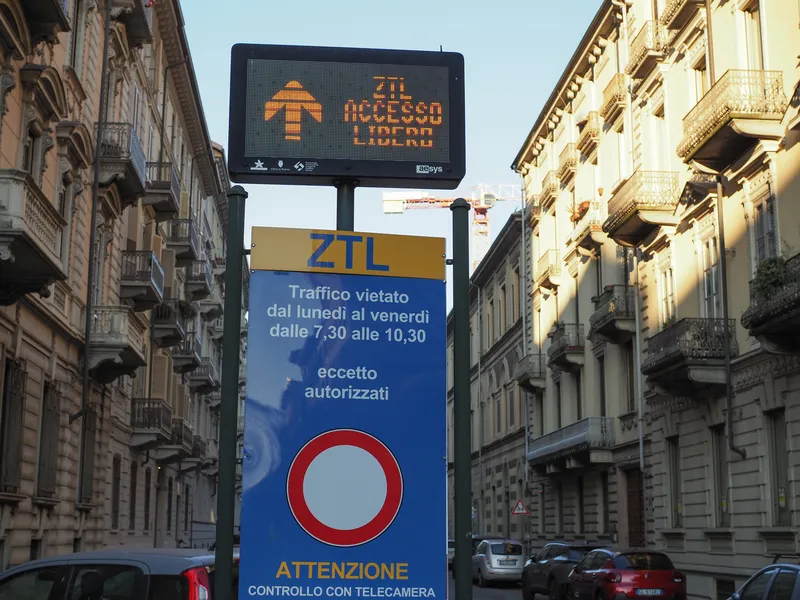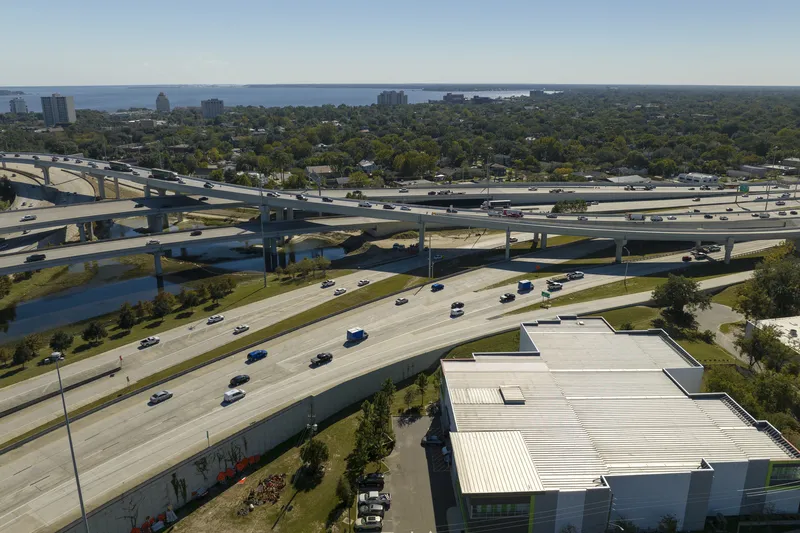
Populus has partnered with Milan’s Agenzia Mobilita Ambiente Territorio (Amat) to launch of the Populus Mobility Manager Platform in the northern Italian city.
The platform will empower Milan to efficiently oversee its shared bicycle and scooter programmes and other shared mobility services through access to better data.
Populus said that the rapid growth of shared mobility in Milan - with a population of around 3.2 million - has meant the need for a more robust management solution to monitor key challenges such as parking compliance and infrastructure use. Under the agreement, Populus is providing Milan with access to its secure Mobility Manager platform to help reduce traffic congestion and improve air quality.
"Our partnership with Milan underscores our shared vision of creating more efficient mobility ecosystems,” said Regina Clewlow, chief executive and co-founder of Populus.
"The Populus Mobility Manager Platform offers a comprehensive solution to address the challenges associated with urban mobility,” said Valentino Sevino, chief executive at Amat.
The company said that the Populus platform is used in more than 100 cities around the world, ingesting data from more than 40 operators and over 300 million rides to date.
Amat, which translates as Agency for Mobility and Environment, is owned by the city of Milan and provides strategic planning with integrated approaches and technical studies.
The scope of work is mobility, decarbonisation, energy efficiency, circular economy, urban planning and regeneration, with activities annually approved by the city council.
The most relevant activities related to air quality are the design, implementation and monitoring activities of the road traffic environmental regulations (such as in ‘Area C’, Milan Congestion Charge Area, and in ‘Area B’, the Low Emission Area covering all the urbanised area) and the organisation of air quality monitoring campaigns through proprietary measuring stations.









